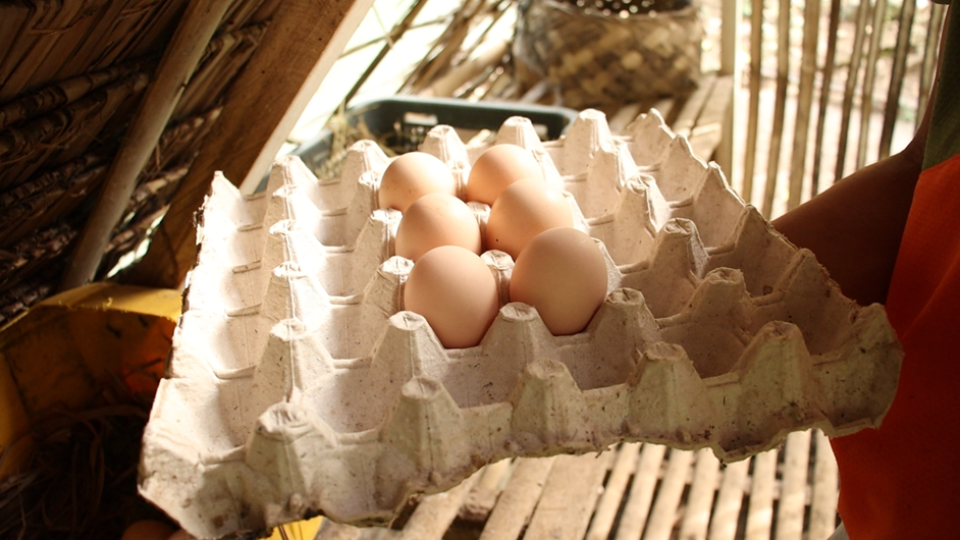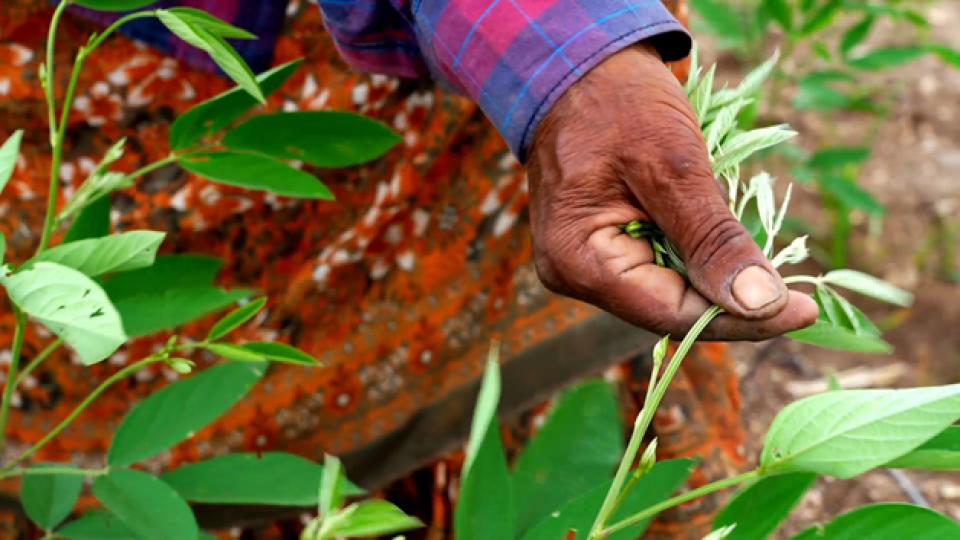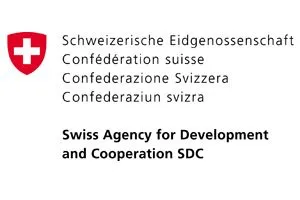
"Access Agriculture has become the world leader in training videos for smallholder farmers. Access Agriculture was, is and will be an outstanding and remarkable partner of SDC with an unparalleled agility and capacity for innovation."
Simon Zbinden
Head, Global Programme Food Security, SDC
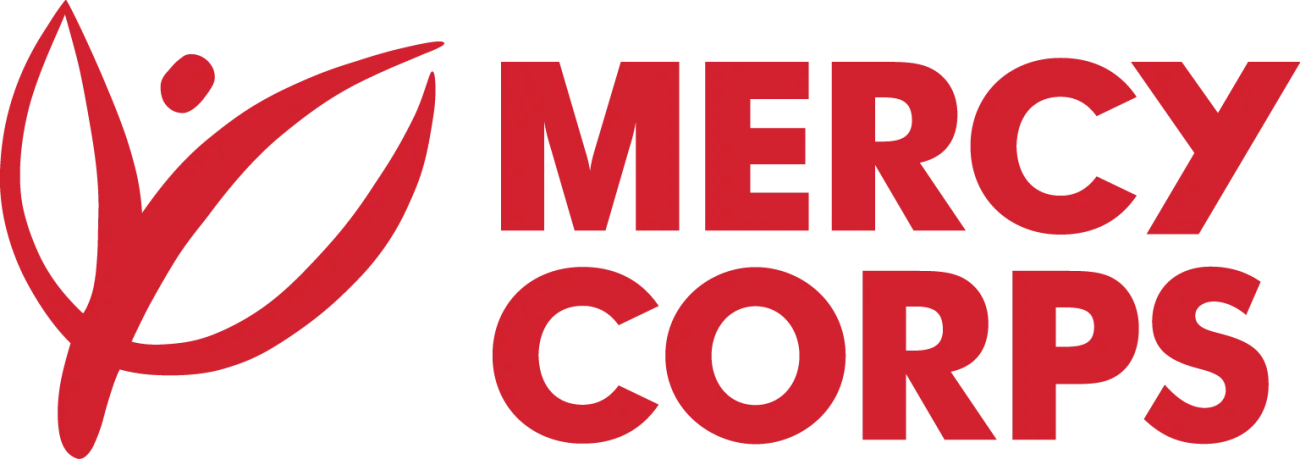
“...this is the best and largest online agriculture training video library that is in many languages, and we have had great impact in our agriculture work using these videos.”
Sean Granville-Ross, Country Director, Mercy Corps Uganda
Uganda
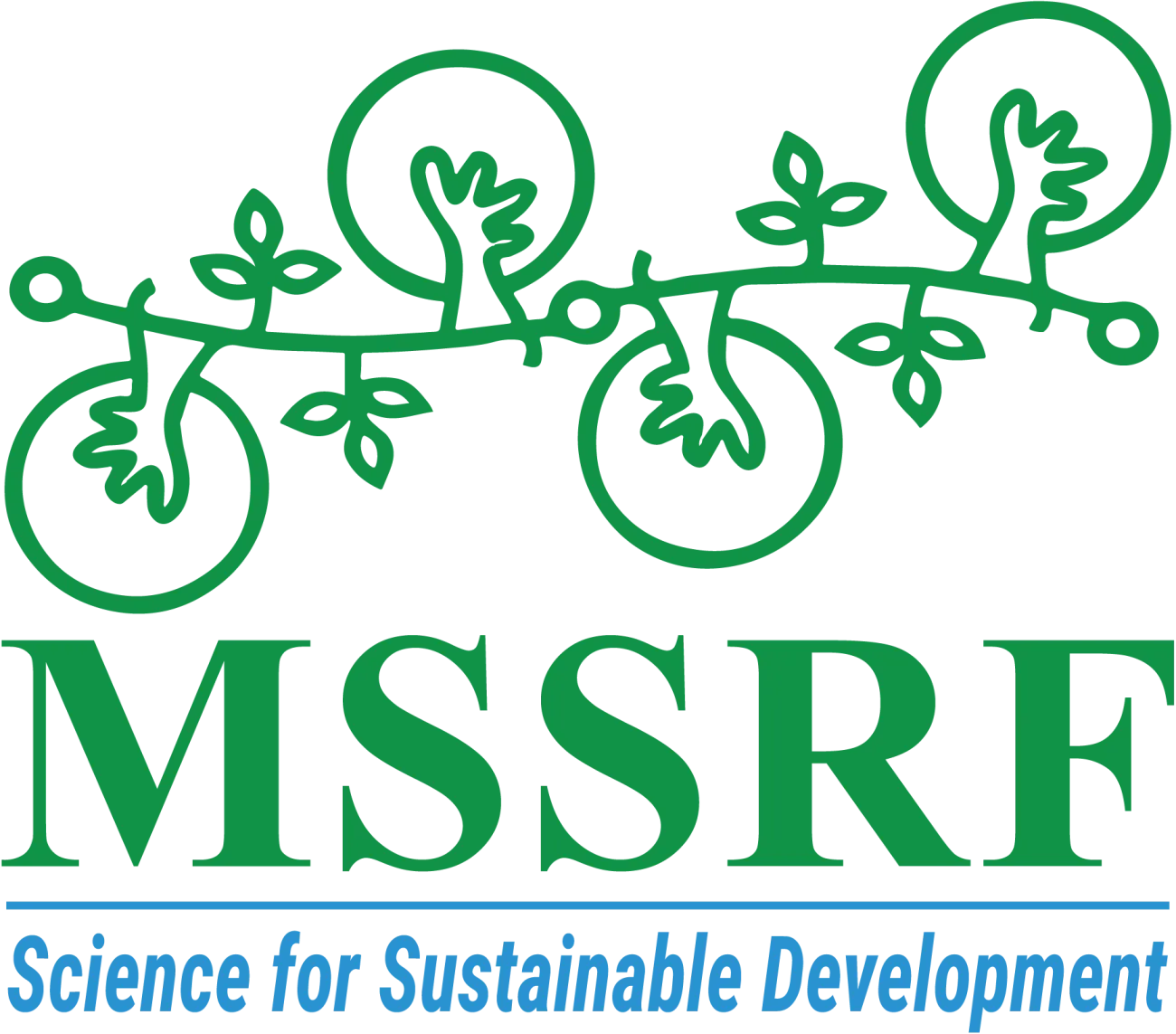
"I am very happy to read the details of the work being done by Access Agriculture. I congratulate you and your colleagues on this most valuable work, and wish you continued success."
Prof M S Swaminathan, MSSRF
India
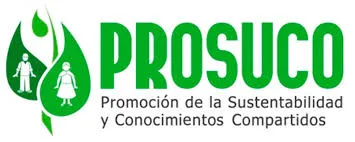
“Communication in the native language is essential. It helps to make more efficient use of time while facilitating a workshop and it generates greater discussion on the video that is screened.”
Sonia Laura
Bolivia
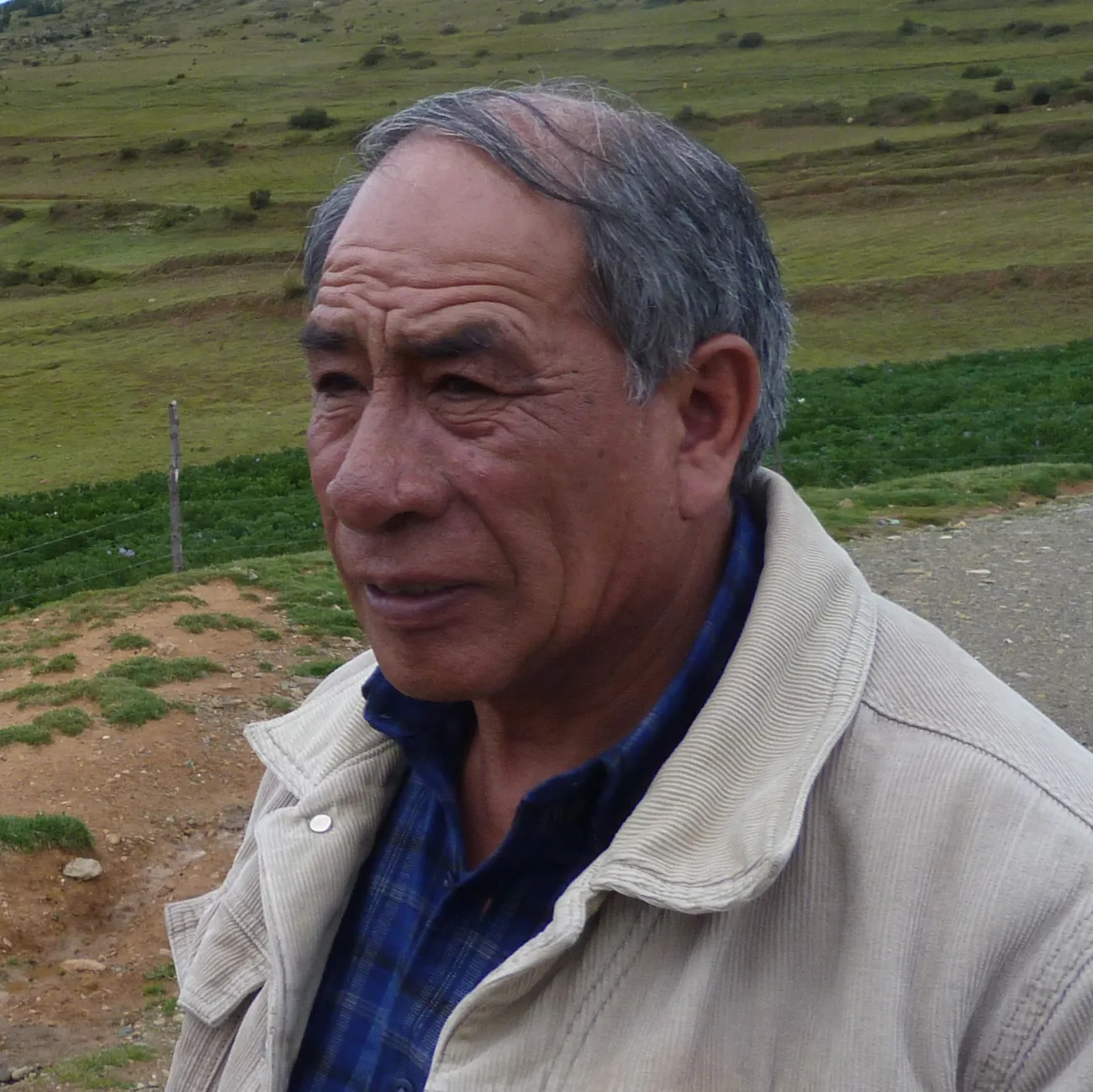
“Through the videos, the farmers can see experiences on other continents and compare them with what they have been doing.”
Edgar Olivera
Peru
They understand better in the local dialect
“These videos have been useful especially those translated in Luo, because local farmers in Luo community don't really communicate in Swahili well. They understand better when communicated in the local dialect.”
James Nyongesa
Kenya
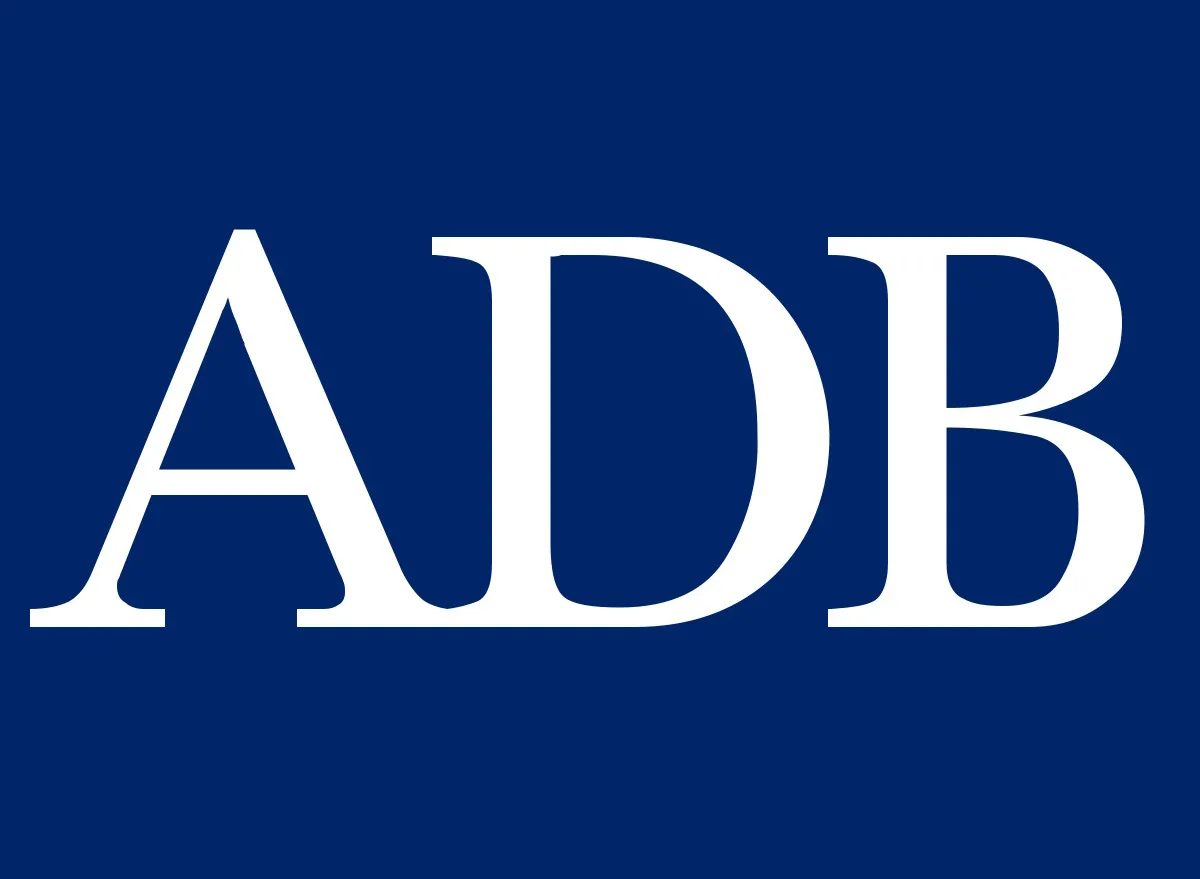
"Thank you so much for this excellent initiative which is greatly needed at this time! It is initiatives like this that make me optimistic of the future of mankind on this planet! I am writing from Samoa (Pacific islands) as part of the Education Department's SchoolNet Project where we are trying to find electronic resources to install on servers in our high schools' Learning Centres for our students."
Nacanieli Tuivavalagi, SchoolNet Project
Samoa
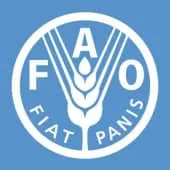
"I have watched the videos on your Access Agriculture website. These type of videos are recommended for our students, especially at the end of training in agricultural colleges. It would be desirable to meet the rectors of universities and see how to crystallize this in situ knowledge in the memories of our students. Other relationships with the United Nations (FAO, UNDP and World Bank) should be developed, especially with regard to the very distinctive way of presenting knowledge in local languages on development."
Gominan Osséni Séïdou, FAO
Benin
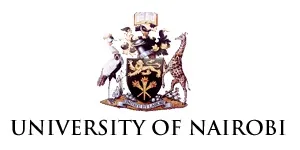
“Thanks, I have verified my account. I want to be part of this great team working towards sustainable agriculture in developing countries.”
Alice Ruto, University of Nairobi
Kenya
We are very happy now that there is the Arabic version
“We are very happy that now there is the Arabic version of the "Fighting Striga" videos on the Access Agriculture website. We will share the content with as many relevant organizations as possible.”
Khalid Ayoub, Ministry of Science and Communication
Sudan
The visible answer to all information
“These images give us the visible answer to all information that we have heard and discussed during the farmer field school meetings. The DVD “Fighting Striga” needs to be shown in all those villages that have not attended the FFS activities, so that they also can see the different methods for controlling Striga.”
Youssou Arama, Farmer Trainer, Thien-Doucourani, Mopti region
Mali
Valuable resources for our operation and the community around us
“I am a proprietor of Jezza Sustainable Organic Farm located 35 km from Kampala which is a startup farm in its second year of operation and found the resources on your Access Agriculture website valuable for our operation and the community around us – particularly the drip irrigation video has impressed and educated me and would really like to learn from your other videos.”
Samuel Byamukama, Jezza Sustainable Organic Farm
Uganda
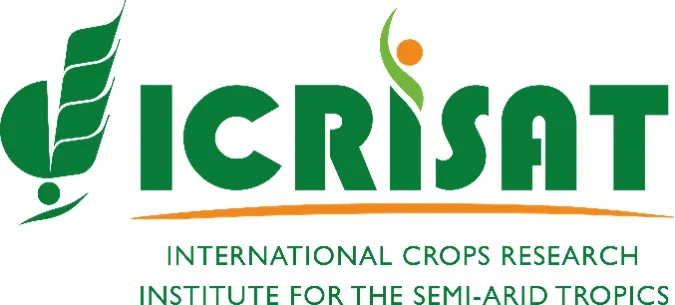
“The long awaited "Integrated Striga and soil fertility management" DVDs are being distributed in Nigeria to stakeholders who assist in airing programs to farmers and farmer groups in all the States where sorghum is an important crop and Striga and soil fertility are important constraints. Some 10,000 DVDs have gone to farmer groups, village Television centres, TV and Radio Stations, Research Institutes, ADPs, CBARDP`s cooperating farmers and villages groups, Sorghum Transformation Value Chain and interested partners who assist in not only showing the various modules but also take data and encourage discussions among rural farmers.”
Dr. Hakeem Ajeigbe, ICRISAT, Kano
Nigeria

“For starters we looked at the [rice seed]bed preparation and transplantation combined together and the weed management part. These have been compressed into three minute videos, may not be as lovely as the original but getting them summarized is not a simple task. On the other hand we are using the videos as reference materials and we have also been trying to make out some JPEGS for soil fertility issues that can be put on the data bank to be accessed by the whole network of Community Knowledge Workers (CKW). We have not had the chance to show the whole video to the farmers but we are looking at providing these videos to some of the super CKWs (lead community workers) in the rice growing area in Gulu so that they can show this to the farmers.”
Annette Bogere, Grameen Foundation
Uganda
It has given us courage
“I am pleased to have seen this film as the producers in our village will start caring much better for their rice seed to obtain good crops. As such it has given us courage, we rice traders, to keep on buying paddy from them to resell, and this will give us joy.”
Affoussath, trader, Oroukayo
Benin
People asked to watch the video a second time
"Some people asked to watch the video a second time, whereas still others wanted to have a copy of their own, so they can watch at their own convenience."
Germain Zossoungbo, NGO Un Monde
Benin
Farmers were excited to see what other countries do
“Farmers were excited to see what other countries do compared to their own methods and it was also an eye opener to see Asian farmers who have grown rice for centuries use simple methods of seed handling. Every sub-county where the video was shown had a resource center equipped with TV and video deck.”
Robert Anyang, APEP
Uganda
Watching the videos has stimulated them to start looking for local solutions
“According to the facilitators, watching the videos on seed has stimulated them to start looking for local solutions to common problems that farmers face. It is by drawing on local knowledge that sustainable solutions can often be found at almost no cost. They did not say they are going to copy all what they saw, but they will apply the most essential.”
Louis Béavogui, IRAG
Guinea
Indegenious farmer knowledge
“I find your videos very easy to follow. And know that farmers in rural communities also identify with the messages, in particular those associated with indigenous farmer knowledge.”
Lilly Sar, educator & researcher
Papua New Guinea
I watch them with young people
“I watch them with young people that I am mentoring to become the next generation of farmers.”
Patrick Musibi, Recovery and Reintegration consultant, Kenya,
South Sudan & Rwanda
Farmers who come back late from their fields can also see
"I really liked these videos, the diffusion allows us to increase our field of listening, the appreciations of the farmers in the practice of the acquired experiences are testified, and if we have a projector, we can also project these videos on the public squares or night markets so that farmers who come back late from their fields can also see."
Daniel M Zanou, Plateau FM
Benin
More than 17,000 farmers in far-off rural areas have been trained
"Through the projections of these videos more than 17,000 farmers in far-off rural areas who do not have access to information have been trained and have been able to improve their know-how and increase their income"
Keita Fatoumata, Extensionist
Mali
An opportunity to train bankers
“I every now and then get an opportunity to train bankers on various aspects of agriculture in view of financing the sector.”
Dominic Kinuthia, farmer and educator
Kenya
Videos for umdergraduate extension students
“I use videos during teaching sessions approx 300 undergraduate extension students during technology transfer systems lessons once per semester.”
Evans Chimoita, educator and researcher
Kenya

